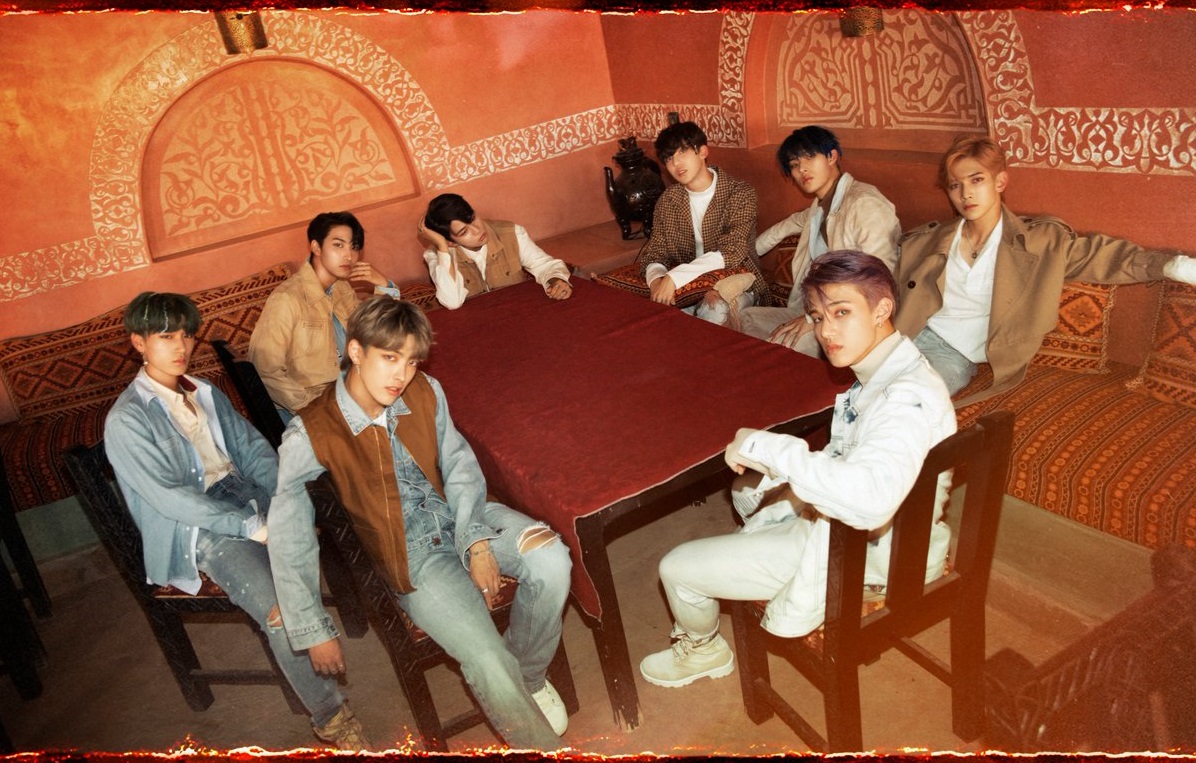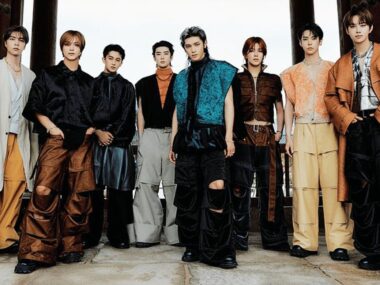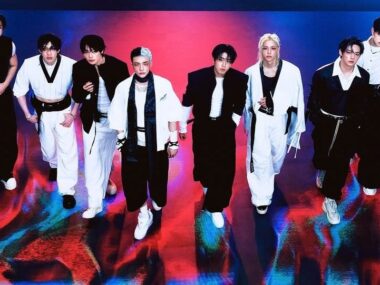It’s official: nobody can agree on whether 2025 had a song of the summer.
Alex Warren’s Ordinary was crowned No. 1 on Billboard’s Song of the Summer chart. Meanwhile, Spotify’s editorial list went with Ravyn Lenae’s Love Me Not. Jess Glynne’s Hold My Hand dominated TikTok thanks to the popular Jet2Holiday meme. Many have declared 2025 to be an off-year where a song failed to win over everyone. These “off-years” will probably become more common.
The Death of the Music Monoculture
It wasn’t that long ago where one song would become unavoidable. You’d hear it blasting out of car stereos, playing on the radio every hour, in nightclubs. In 2016, the ten biggest streaming hits in the U.S. accounted for 0.16% of all streams. By 2025, that number shrank to just 0.05%.
Streaming platforms have matured, along with algorithms that push us down our own rabbit holes. Instead of one song that’s practically omnipresent, listeners had their own summer song that’s personalized to their tastes. Some people had a Kpop Demon Hunters summer or a Sabrina Carpenter summer. Maybe someone discovered Eurodance and had an 80s Italian disco summer.
If listeners aren’t seeking something new, they’re going back to the old. “Catalog” music (songs that are older than 18 months) have grown in popularity. When a song does break through, it’ll have an unusually long life span. Teddy Swims’ Lose Control has spent over two years on the Hot 100. It’s a rare achievement, but songs like that represent a smaller slice of total listening than they did a decade ago.
TikTok as a Parallel Universe
At first, if a song did well on TikTok, that success would eventually reflect on the streaming charts. Now TiKTok functions as an alternative to the mainstream instead of a mirror. Mark Mulligan of MIDiA Research called it the “bifurcation theory” back in 2024. Songs that go viral there don’t always translate into Spotify streams or ranking on Billboard charts.
Three-quarters of TikTok users who follow an artist never check out their music elsewhere. What thrives on TikTok often stays on TikTok. This disconnect has changed what it means to have a “hit song.” A track can dominate a social platform yet struggle to make an impact on streaming, or vice versa.
What This Means for New Artists?
How does all of this affect the newcomers trying to break through? I see them existing in this strange dichotomy. They might be popular on TikTok but have less than a million streams on Spotify.
The opposite is that they have the most streamed song, even charting on the Hot 100, but they’re not trending on social media. They’ll have success in one world but crossing over into multiple spaces will be difficult. If they do manage to achieve ubiquity with one song, repeating that success with another one has proven to be a challenge.
On top of that, new artists face challenges like oversaturation. Roughly 100,000 new songs flood platforms every day. It’s getting harder for artists to stand out. Artists have to be their own marketer, a content creator on top of their day job. They may find themselves focusing more on appealing to an algorithm more than making great music.
Then there’s generative AI. Songs that were created by AI are flooding streaming platforms. Artificial streaming, where bots or fake playlists steal royalties from human artists, is another problem artists have to deal with.
Where the Industry Goes From Here
For record labels, the fading monoculture is bad news. Building “superstars” is harder than ever. Revenue growth in established streaming markets has slowed dramatically. The major labels are expanding into emerging markets. They’re investing heavily in catalog music or lobbying for new royalty models that privilege “professional” artists.
The musical monoculture is starting to fade. It’s better for record labels to learn how to adapt to this new norm instead of fighting it. Countless microcultures are popping up everyday. Those who learn to embrace niches can still thrive and find lasting success.






